Covid kilos
Throughout this pandemic, our leaders have bombarded us with slogans about the importance of social distancing, vaccinations, staying at home and washing our hands.
Yet when it comes to one of the most important public health messages, there has been a deafening silence. There has never been a more crucial time to talk about being fat. We have had 18 months’ worth of missed opportunities for public health experts and doctors to address the number-one modifiable risk factor for dying of Covid-19; being overweight. Death rates are up to ten times higher in countries where more than half the population has a Body Mass Index (BMI) above 25.
Two thirds of Australian adults are overweight or obese, and this trend shows signs of plateauing. The Obesity Evidence Hub reported recently that more than 70 per cent of Australians in regional and remote areas are overweight or obese. Almost half of all Australian men aged 65-74 years are obese. Excess adiposity brings with it a swathe of other health problems including high blood pressure, diabetes and sleep apnoea. Crucially then if you are an elderly and obese Covid-19 patient you will be far more likely to need hospitalisation and mechanical ventilation in intensive care. Many of the elderly victims of the initial vital outbreak in Italy were overweight, which explains in part the differences in mortality compared to their age-matched counterparts in Wuhan province.
Back in the Seventies and Eighties the federal government encouraged participation in sports and exercise through its ‘Life. Be In it’ advertising campaign. It was true then that an ounce of prevention is worth a pound of cure, and it’s still true today. But it’s interesting how health promotion is important – until it conflicts with a political narrative. Our state chief health officers are very keen to spread the idea that everyone, including young and fit people, are at the same risk of dying from Covid-19. This isn’t the case. We are being misled by our medical experts and the media. When you hear reports of ‘perfectly fit’ young people with Covid-19 succumbing to the illness, pay attention to the accompanying photograph. Frequently the press will fail to report any pre-existing conditions, but an uncropped picture tells a thousand words.
Premiers berate us about not sticking to their increasingly absurd and oppressive ‘rules’. Spikes in cases are invariably blamed on the citizens doing the ‘wrong thing’. But lengthy lockdowns and curfews have created a perfect storm for expanding waistlines though comfort eating, watching Netflix and drinking more pinot. This is how many of us are managing the stress, socioecomic hardship, loneliness and boredom of the lockdowns. Working from home has opened the door to snacking, irregular mealtimes and day-drinking. It’s no wonder we are piling on those Covid-19 kilos. We have been so terrified by scaremongering that many people would rather stay at home and have take-away food delivered than go to the supermarket.
Psychiatrists have seen the lockdowns precipitate a range of other eating disorders too. The tsunami of cases of anorexia and bulimia in children and adolescents is almost certainly a direct consequence of isolation, depression, and feeling ‘out of control’. Worryingly, we know that there is a relationship between eating disorders and suicide; especially in young people.
For the elderly, strolling around the shops used to be one of the best ways to get the step count up. During lockdown their options for leaving the home, particularly in bad or hot weather, have been severely limited. The idea of wearing a mask outside deters some senior citizens from leaving the home. Instead of closing gyms and playgrounds, and rather than limiting exercise time, our chief health officers and other health experts should have stressed that Covid-19 is usually contracted at home, and that getting some Vitamin D and moving the legs outside is a vital way to mitigate the effects of infection.
There are virtually no confirmed cases of outdoor transmission of this virus. Imposing a five kilometre limit on travel means that people in less affluent suburbs – who are already disadvantaged by curfews – are even more restricted when it comes to opportunities for physical activity. Not everyone is privileged enough to have Manly beach on their doorstep.
Rather than chasing lone kayakers across the harbour, our police should be adopting a more measured approach to enforcing public health orders. Take a stroll down to Bondi on a Saturday and watch the incongruous sight of pale, overweight police officers waddling around and ordering fit, lean surfers to ‘move on’ or face arrest for spending ‘too long’ at the beach.
It’s not too late for our Prime Minister to leverage his own self-publicised ‘battle of the bulge’ to raise awareness about the issue. No doubt he would concede that his sedentary lifestyle, busy schedule and love of the amber nectar are stubborn obstacles to his losing weight. Who could forget the sorry sight of Mr Morrison struggling for breath in 2019 on the Clontarf Foundation charity hike? For motivation he only needs to listen to British Prime Minister Boris Johnson who declared himself ‘way overweight’ after his brush with Covid-19, and who subsequently shed 14 pounds by walking his dog after discharge from hospital. The answer is not to fat-shame, but to oppose senseless rules that make the difficult job of weight loss even more challenging, thereby facilitating better lifestyle choices.
Politicians and health tsars should start being more honest about their reporting of Covid-19 numbers. This pandemic has highlighted a massive deficit in both quantity and quality of communication by governments. Instead of just recording the ages of those who died or who required ventilation, why not publish data about patient BMIs and other underlying health issues?
I fear that although this information is in the public interest, it may not be in the government’s. At time of writing almost half the country is under virtual house-arrest. For the sake of our metabolic health our leaders need to end these lockdowns as soon as possible. Life? Let’s be in it!
Got something to add? Join the discussion and comment below.
Get 10 issues for just $10
Subscribe to The Spectator Australia today for the next 10 magazine issues, plus full online access, for just $10.
Dr Carlos d’Abrera is a Sydney-based doctor. These opinions are his own.
You might disagree with half of it, but you’ll enjoy reading all of it. Try your first month for free, then just $2 a week for the remainder of your first year.

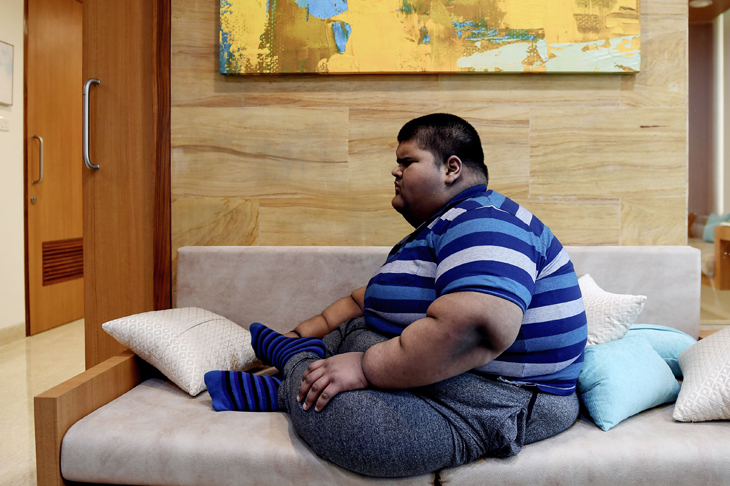

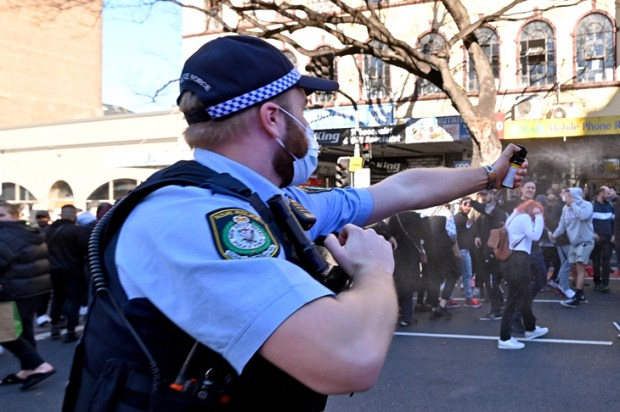
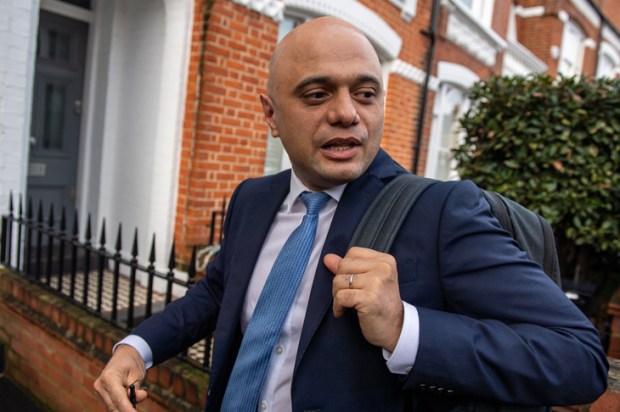
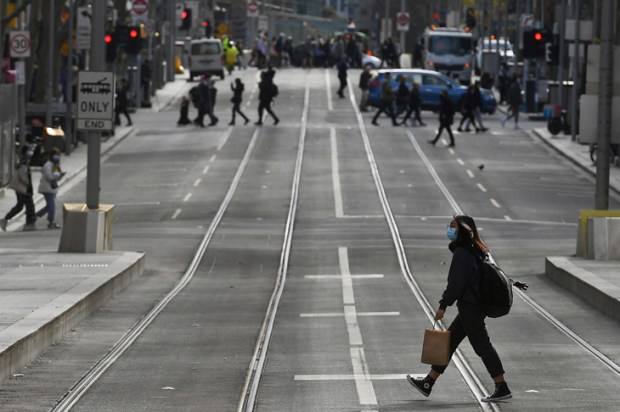
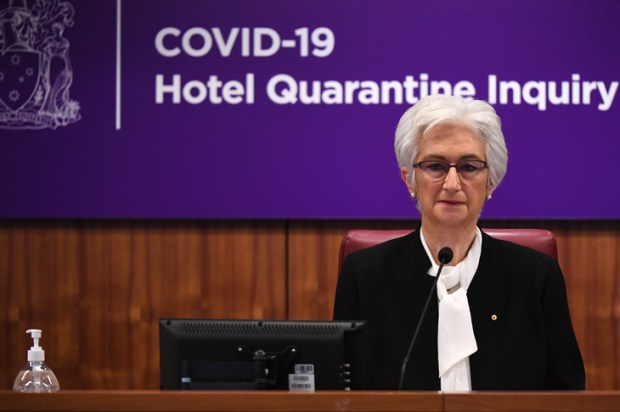







Comments
Don't miss out
Join the conversation with other Spectator Australia readers. Subscribe to leave a comment.
SUBSCRIBEAlready a subscriber? Log in